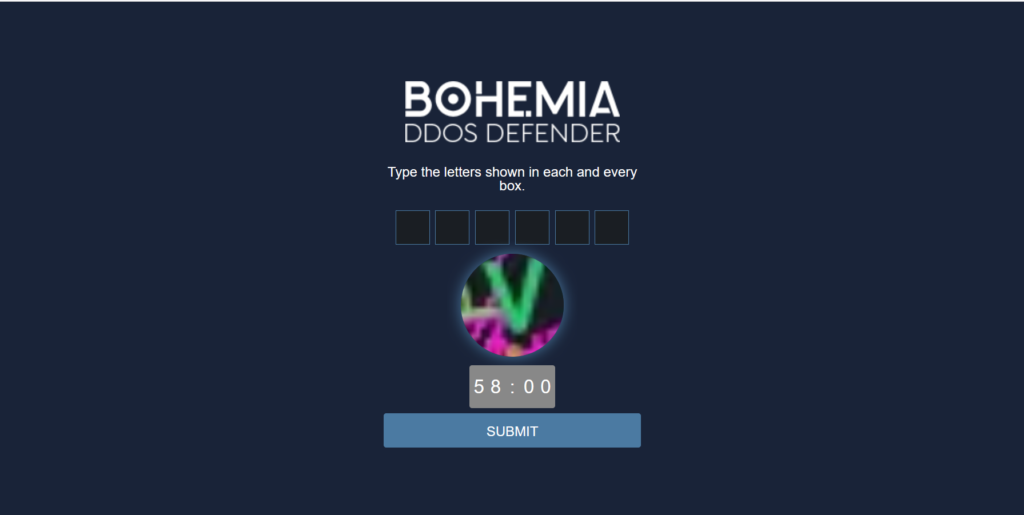Table of Contents
Togglebohemia market – TOR Scam Report (1)
Onion Link: http://bohemiabmgo5arzb6so564wzdsf76u6rm4dpukfcbf7jyjqgclu2beyd.onion/
Scam Report Date: 2024/06/22
Client Scam Report Breakdown
Original Report Summary:
In this report, a client claims that a recent Bitcoin (BTC) transaction they initiated on an unnamed site has not yet been completed. According to the report, the user specifically states, “BTC never arrived,” which implies they paid BTC for a product or service, and the funds were transferred, but the recipient has not fulfilled their end of the transaction. When investigating such complaints, it’s crucial to note the potential risks involved in BTC transactions, particularly on platforms with questionable authenticity. BTC, or Bitcoin, is a decentralized cryptocurrency commonly used for online purchases, especially on marketplaces in the deep web due to its pseudonymous nature. Once a BTC transaction is sent to an external wallet address, it cannot be reversed, leaving users highly vulnerable to scams if a vendor does not honor the agreement. Additionally, BTC transactions rely heavily on platform legitimacy and security measures, both of which may have been lacking in this case.
Furthermore, the client notes that attempts to reach the website’s support team have been unsuccessful. The report specifies, “The Support tickets also don’t work,” highlighting that the site’s support infrastructure may be non-functional or purposely ignored. For many legitimate e-commerce sites, support tickets offer a structured way for customers to contact the site’s support staff to resolve order or payment issues. In the context of deep web marketplaces, support tickets often serve as the primary, and sometimes only, channel for users to resolve disputes, making their failure a red flag for potential scams. A non-responsive support system, especially after a transaction issue, often indicates the website may not be genuinely committed to supporting users, potentially pointing toward fraudulent intentions.
The report concludes by labeling the website as “fake,” which is a significant claim. For a site to be considered fake, it implies the platform likely exists with the primary intent of deceiving users. Fake websites often mimic the appearance of legitimate marketplaces but lack essential backend systems, such as transaction processing and customer support, designed to protect users. This form of deception is particularly common on the deep web, where site accountability and transparency are minimal. Additionally, the lack of regulatory oversight on such platforms makes it easy for fraudsters to create, abandon, and recreate sites to continue scamming unsuspecting users. As a result, clients should exercise caution when interacting with any marketplace where transparency, payment security, and support services are not verifiable.






